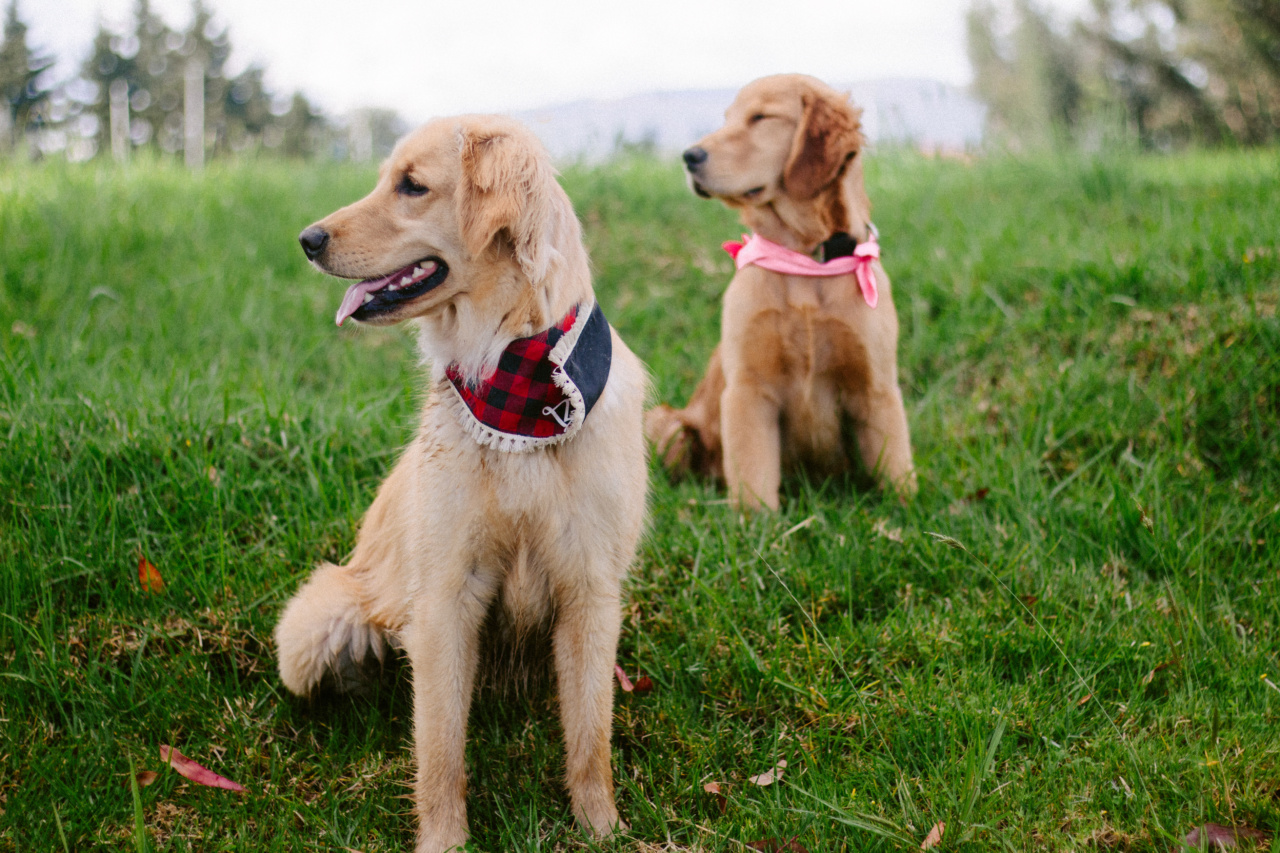The Rottweiler is a robust and powerful breed that holds a reputation for being loyal, intelligent, and protective.
This breed has a long history, dating back to ancient Rome, and has evolved to become one of the most popular working dogs in the modern world. In this breed profile, we will explore the origins, characteristics, temperament, training, and care requirements of Rottweilers.
Origins
The Rottweiler’s origins can be traced back to the Roman Empire, where they were used as herding and guard dogs for cattle driven along the ancient trade routes.
Their ancestors accompanied the Roman army across Europe and eventually settled in the town of Rottweil, Germany, giving the breed its name. Over time, their role shifted from herding to guarding and pulling carts filled with meat to market.
Characteristics
Rottweilers are a medium to large-sized breed, with males standing at 24 to 27 inches tall and weighing between 95 to 135 pounds. Females are slightly smaller, measuring 22 to 25 inches in height and weighing 80 to 100 pounds.
They have a robust and muscular build, displaying strength and endurance. Their coat is short, dense, and black, with distinctive tan markings on the face, chest, legs, and eyebrows.
Temperament
Rottweilers are known for their loyalty and protectiveness towards their families. They are confident, calm, and composed but can be aloof with strangers. Proper socialization from an early age is important to ensure they develop into well-rounded adults.
Rottweilers are generally good with children when raised together, but due to their size and strength, supervision is advised. They have a natural guarding instinct and will protect their territory. Early training and socialization are crucial to shape a Rottweiler’s temperament.
Training
Rottweilers are intelligent and eager to please, making them highly trainable. However, their strong-willed nature requires an experienced and consistent handler. Positive reinforcement techniques, such as rewards and praise, work best with this breed.
Early and ongoing training is important to establish boundaries, manners, and control over their instincts. Rottweilers excel in various activities, including obedience, agility, tracking, and protection work.
Exercise
Being a working breed, Rottweilers have high exercise needs. They require daily physical and mental stimulation to prevent boredom and potential behavioral issues. Regular walks, runs, and playtime are essential to keep them happy and healthy.
Engaging them in activities that stimulate their natural instincts, such as retrieving and tracking, also helps to fulfill their mental needs. However, it is important to avoid excessive exercise in growing puppies to protect their developing joints.
Health
Rottweilers are generally a healthy breed, but they are prone to certain health issues. Some common health concerns include hip and elbow dysplasia, osteosarcoma (bone cancer), aortic stenosis, and heart conditions.
Regular veterinary check-ups, a balanced diet, and maintaining an appropriate weight can help prevent or manage these health issues. Responsible breeders conduct health screenings and only breed dogs with good overall health to reduce genetic predispositions.
Grooming
Rottweilers have a short, low-maintenance coat that requires minimal grooming. Weekly brushing with a grooming mitt or a rubber curry brush helps to remove loose hairs and keep their coat healthy.
They shed moderately year-round and experience heavier shedding during seasonal changes. Routine grooming also provides an opportunity to check for any skin issues, parasites, or abnormalities. Nails should be trimmed regularly, and dental hygiene should be maintained through regular brushing.
Living Environment
Rottweilers can adapt well to different living environments, including apartments, as long as their exercise needs are met. However, being a protective breed, a securely fenced yard is recommended to allow them to run and play safely.
Rottweilers are sensitive to extreme temperatures, so appropriate shelter and climate control are essential. Due to their loyalty and attachment to their families, they thrive when allowed to live indoors with their loved ones.
Socialization
Early socialization is crucial for Rottweilers to develop good manners and a confident temperament. Exposure to various people, animals, sounds, and environments in a positive manner helps them become well-adjusted adults.
Well-socialized Rottweilers are more likely to be friendly and accepting of new experiences, resulting in a more pleasant and manageable companion.
Conclusion
Rottweilers are a beloved breed worldwide, known for their loyalty, intelligence, and protective nature. With the right training, socialization, and care, they can be excellent family companions and working partners.
However, potential Rottweiler owners must understand the breed’s needs and be prepared to invest time, effort, and resources into their upbringing. Responsible ownership, early training, regular exercise, and proper healthcare are key to raising a happy and well-rounded Rottweiler.






























